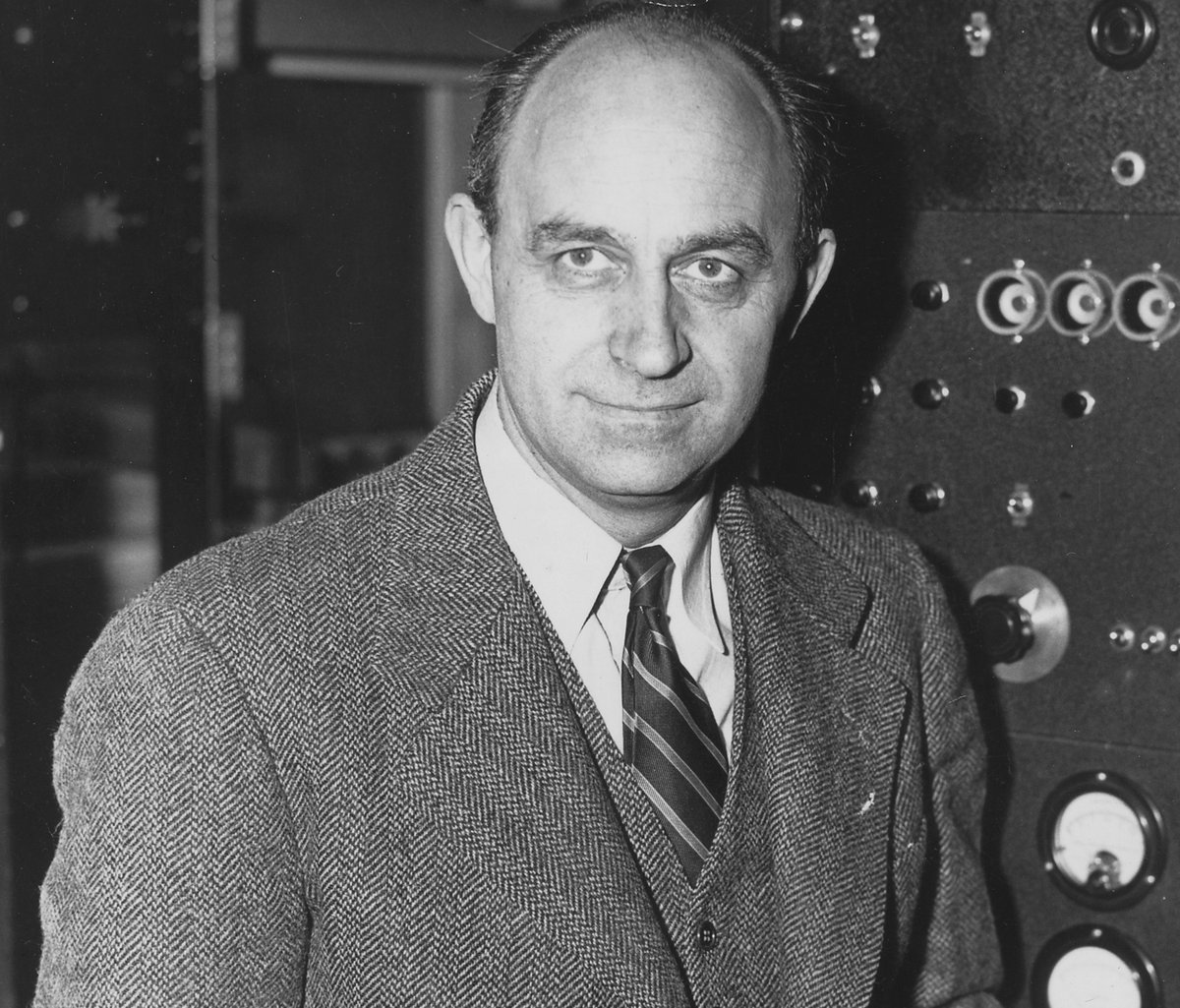“Where Is Everybody?” or, How Did Fermi Phrase His Paradox?

Fermi’s paradox is fairly well known: given what we know about the chance of intelligent life appearing somewhere in the universe, why haven’t any other species to date so far made contact with humanity? You can formalize the paradox via the Drake equation or some other method, but that’s the crux of it.
What’s less clear is how Enrico Fermi originally phrased the paradox. At Language Log, Mark Lieberman points out that each of the participants in the original conversation remembers it differently:
At lunch, Fermi suddenly exclaimed, “Where are they?” (Teller’s remembrance), or “Don’t you ever wonder where everybody is?” (York’s remembrance), or “But where is everybody?” (Konopinski’s remembrance).
As Liberman writes, “our memory of exact word sequences usually fades more quickly than our memory of (contextually interpreted) meanings. More broadly, the exact auditory sensations normally fade very quickly; the corresponding word sequences fade a bit more slowly; and the interpreted meanings last longest.”
My own favorite (for purely aesthetic reasons) is “where is everybody?” It just kind of says everything you want such an observation to say.





Stay Connected